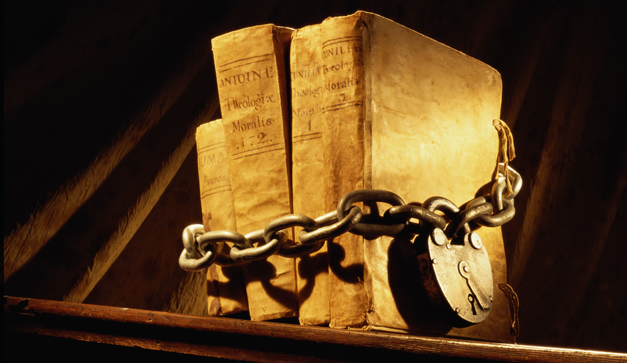MIAMI.- Books on racism, racial justice and the Black Lives Matter movement are, along with those on LGBT themes, among those that were most censored in some way in the US in 2020, according to the country’s Library Association.
The ALA (American Libray Association) published like every year around this time its list of books removed from the shelves or with restricted access, among other ways of censoring them, what it calls “questioned books.”
They are books that address “controversial” issues, Puerto Rican Loida García-Febo, who was president of ALA and today heads a committee related to women in that entity, tells Efe.
The good news for 2020 is that there were fewer “questions.”
As those who most ask to censor books are parents with school-age children, perhaps the decrease was due to confinement and the closure of classes during the pandemic, points out García-Febo.
According to the report prepared by ALA’s Office of Intellectual Freedom (OIF), there were 273 “questions” of books and printed materials, while in 2019 there were 566.
Number one on the list is “George,” by Alex Gino, an LGBT-themed book that was questioned, banned and restricted because it does not reflect the “values” of the community.
The second “Stamped: Racism, Antiracism, and You”, by Ibram X. Kendi and Jason Reynolds, suffered the same fate, due to public comments by its authors, including mentions of incidents in a biased way and not considering racism in general .
“Something Happened in Our Town: A Child’s Story About Racial Injustice,” an illustrated book by Marianne Celano, Marietta Collins and Ann Hazzard, uses “divisive language” and promotes opinions against the police, according to those who asked to censor it.
Among the books “questioned” on racial grounds is a classic, “To Kill a Mockingbird” (1960) by Harper Lee, in this case alleging the use of racial epithets and that the fact that the main character is white – a lawyer who defends an African American accused of raping a white woman – has a negative effect on students.
Two books by established authors, John Steinbeck’s “Of Mice and Men,” for racial stereotypes, and Toni Morrison’s “The Bluest Eye,” for sexually explicit content, are on the OIF list for last year.
“All American Boys,” by Jason Reynolds and Brendan Kiely; “Speak” by Laurie Halse Anderson; Sherman Alexie’s “The Absolutely True Diary of a Part-Time Indian” and Angie Thomas’s “The Hate U Give” are also on the top ten most questioned list.
On the occasion of National Library Week, ALA published a report on how the covid-19 affected libraries and how an unprecedented situation was resolved to continue operating despite its physical closure and fill the gap produced by the closure of the libraries. bookstores.
The report highlights the role libraries played in bridging the digital divide and helping families, low-income or marginalized communities, students, and rural dwellers in online learning and interactions.
He also points out that librarians had to fight against misinformation and false information around COVID-19 and xenophobia, “especially Sinophobia (Chinese phobia)” that it aroused.
Throughout 2020 they had to respond to misinformation about vaccines, the census, the Black Lives Matter Movement and the presidential elections, he adds.
.

